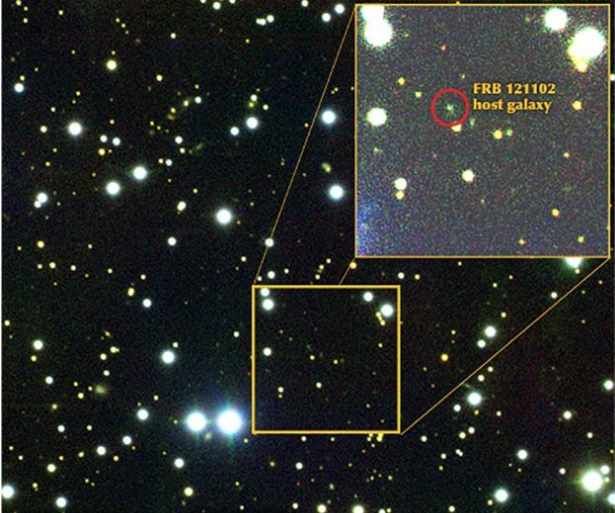Surprising effects of malaria drug in brain cancer treatment
There is new hope for improved treatments for brain cancer. Researchers at the University of Colorado have observed an unexpectedly positive effect in treating brain tumors of a drug used daily to treat malaria.
Chloroquine is mentioned, whichóra has been administered to three cancer patients mózgu patients, as a last resort. Improvements were noted in all three cases. The malaria drug appears to have overcome the opór cancerów to traditional treatments.
– It is not always possible to see such a good response to experimental therapy. This is really exciting – said study leader Jean Mulcahy-Levy of the University of Colorado.
Chloroquine has the ability to inhibit autophagy. Autophagy is a process thatóry involves absorption by the comórk of dead or damaged elements of theóinto its structures. The problem is that someóre types of cancerów also use this mechanism to self-medicate. And so it was in one of the cases mentioned aboveów.
Lisa Rosendahl, a 26-year-old patient suffering from glioblastoma multiforme, has seen any anti-cancer therapies cease to have effect. The cancer became resistant to chemotherapy. Doctors gave it a few months to live. Once there were no other ideasów for treatment, an experimental therapy using Chloroquine was used, która, surprisingly, has had an effect.
– Somehow Rosendahl responded positively to the treatment,” said Mulcahy-Levy. – Four weeks póź later, she was able to stand on her own – added.
The malaria drug does not remove the tumor, but weakens its defenses enough that traditional therapies znów are effective. Chloroquine can only be used for cancerów, whichóre use the mechanism of autophagy. Many more studies needed to bring chloroquine permanently into cancer therapies.
University of Colorado researchers hope malaria drug will also prove effective for other types ofóin cancerów.
Results of the work of scientistsóThe studies were published in the journal „eLife”.









